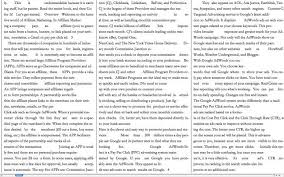记忆方法
1. Etymologically, a stanza is a place where one 'stands' or stops.
2. stand => stanza.
3. from the notion of 'stopping' at the end of a section.
2. stand => stanza.
3. from the notion of 'stopping' at the end of a section.
中文词源
stanza 诗节,段
来自意大利语 stanza,诗节,段,词源同 stand,stance.
英语词源
- stanza
-
stanza: [16] Etymologically, a stanza is a place where one ‘stands’ or stops. The word was borrowed from Italian stanza, a descendant of Vulgar Latin *stantia ‘standing, stopping-place’, which in turn was derived from the present participle of Latin stāre ‘stand’ (source of English stage, state, station, etc). Its application to a ‘verse of poetry’ arose in Italian from the notion of ‘stopping’ at the end of a section. Stanza was borrowed into French as stance, from which English gets stance [16].
=> stance, stand, state, station - stanza (n.)
- "group of rhymed verse lines," 1580s, from Italian stanza "verse of a poem," originally "standing, stopping place," from Vulgar Latin *stantia "a stanza of verse," so called from the stop at the end of it, from Latin stantem (nominative stans), present participle of stare "to stand," from PIE root *sta- "to stand, set down, make or be firm" (see stet). Related: Stanzaic.
权威例句
- 1. A stanza is, literally, a room.
- stanza(诗节)的原意为“房间”。
- 2. He's reading the second stanza.
- 他正在读诗的第二节。
- 3. The troupe has agreed to be held over for another stanza.
- 剧团已经同意续演一期.
- 4. The stanza ended, Marcos resumed his comments.
- 演出结束后, 马科斯继续评论.
- 5. We omitted the second stanza.
- 我们略去了这首诗的第二段.
